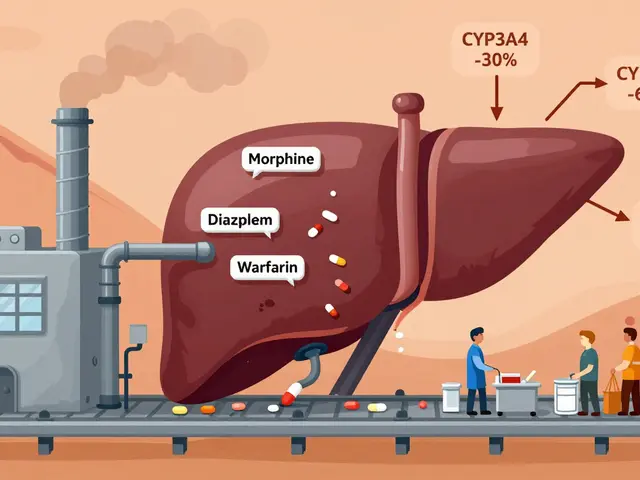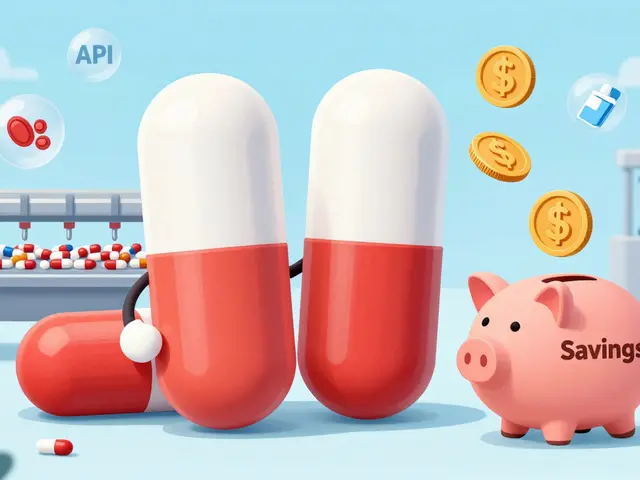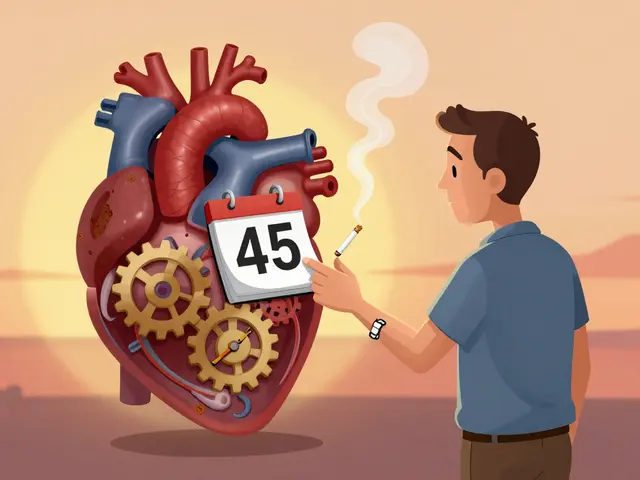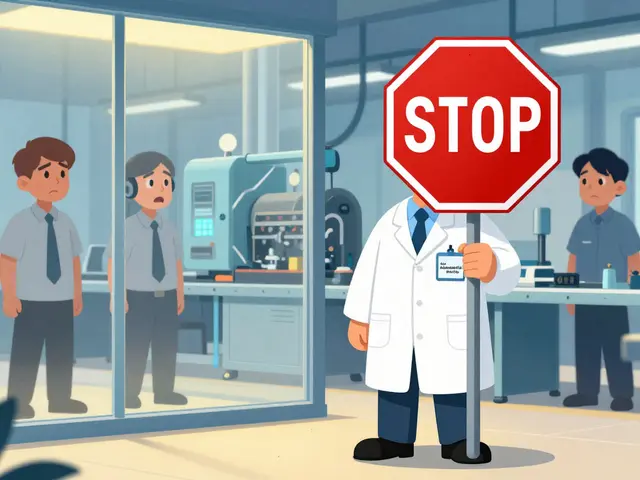Stomach Ache Relief: What Causes It and How to Feel Better Fast
If your belly has been hurting for hours or pops up out of nowhere, you probably want fast relief. Stomach ache is one of the most common reasons people search online for health advice. The good news is that many aches have simple fixes, while a few need professional care.
Common Triggers You Can Spot in Everyday Life
First, figure out what might have started the pain. Overeating, spicy foods, or a coffee binge can irritate your stomach lining and cause cramping. Food that’s too fatty or dairy-heavy often leads to indigestion, especially if you’re lactose intolerant.
Stress is another sneaky culprit. When you’re anxious, your gut releases extra acid, which can turn into a burning ache. Even mild dehydration makes the digestive tract work harder, resulting in sharp twinges after meals.
Quick Home Remedies That Actually Work
When the pain is mild, start with these easy steps:
- Warm compress: Place a warm (not hot) water bottle on your belly for 10‑15 minutes. Heat relaxes muscle spasms and eases cramping.
- Hydration: Sip clear fluids like ginger tea or plain water. Avoid soda, alcohol, and caffeine until the ache settles.
- Gentle movement: A short walk can help gas move through your intestines, reducing bloating.
- OTC meds: Antacids (e.g., Tums) or simethicone tablets work for acid burn and gas pain. Follow the label dosage.
If you have a history of stomach ulcers or reflux, consider a bland diet for a day: plain rice, boiled potatoes, bananas, and toast. These foods are easy on the lining and give your gut a chance to reset.
For nausea that comes with the ache, try sipping ginger tea or sucking on peppermint lozenges. Both calm the stomach without adding extra acid.
When You Should Call a Doctor
Most aches fade within a few hours, but watch for red flags:
- Fever higher than 101°F (38.3°C)
- Persistent vomiting or inability to keep fluids down
- Blood in vomit or stool (looks like black tar or bright red)
- Severe, stabbing pain that doesn’t improve after a day
- Unexplained weight loss or night sweats
If any of these appear, seek medical help right away. They could signal an ulcer, gallbladder issue, infection, or something more serious.
For people with chronic conditions—like IBS, Crohn’s disease, or diabetes—talk to your doctor about a tailored plan. Sometimes prescription meds like hydroxyzine can calm both anxiety and related stomach upset, as discussed in our article on “Hydroxyzine: Tackling Anxiety and Tummy Troubles.”
Remember, listening to your body is key. A short, sharp ache after a heavy meal often clears with the remedies above. Ongoing or worsening pain deserves professional attention.
Keep this guide handy the next time your stomach starts acting up. Simple steps can bring fast relief, and you’ll know exactly when it’s time to get expert help.
I recently explored the connection between stomach-ache and gallstones and discovered some important information. It turns out that gallstones can cause stomach pain, particularly in the upper right abdomen area. This can also lead to nausea, vomiting, and other digestive issues. It's crucial to consult a doctor if you experience these symptoms, as untreated gallstones can lead to complications. In summary, if you're struggling with stomach pain, don't ignore it, as it could be a sign of gallstones.





